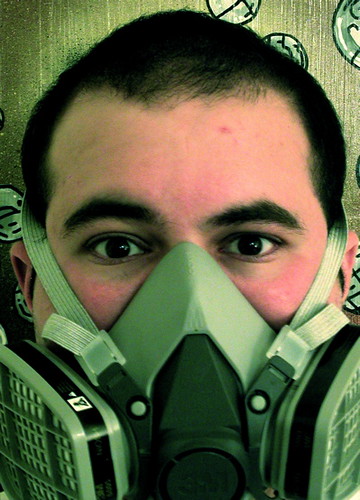
In Clinical Diagnosis we started off having to make a bunch of clinical diagnosis decision-making schema. People used Powerpoint, Word, OmniGraffle, and other disasters-fests; the situation was dire! Thankfully someone in my group had Visio, so it was up to him to produce our Glucose-6-Phosphate Dehydrogenase Deficiency schema.
Hands down, the best flow chart / schema software is
yEd Java Graph Editor. It's available for just about every OS, so there's finally something useful in this blog for Windows users.
The image in this post is the giant master schema I made for one of our exams -- don't copy it because there are mistakes in it that I've caught since then, and it's not logically sound, but admire its vastness! -- there are nice PNG (image) and PDF exports (so you can share it with people who don't have the software and print it anywhere), it can print across multiple pages (very handy for giant messes like that one), it has snap-to grids, you can set the default node properties (including size, shape, background and text color), and you can have it do all sorts of fancy graph analysis and redistribution. The arrows are flexible, the labels are flexible, and it's absolutely the best tool I've found.
There are some user interface quirks that are frustrating, especially for novice users. Clicking once creates a new node, but clicking an existing node isn't enough to edit it -- you have to hit F2 to edit the label, whether that's the node label (the text inside) or the arrow label (the text accompanying the label). If you have a Mac laptop and your F2 is truly a function key (like screen brightness), you either have to hit Function-F2 to get the F2 yEd is expecting, or you have to override the setup in the keyboard preferences in the System Preferences (Keyboard & Mouse :: Use the F1-F12 keys to control software features). Overall, you can be very productive with yEd after 5-10 minutes of basic acclimation, and it's well worth the time investment.
The other tool I found was
Gliffy, but that was mostly because they have cool room layout modes where you can drag couches and bookcases around, and as someone who's tried everything from construction paper to Photoshop to mock up a room, that's very cool.
Have you been using yEd? Any tips for readers? Is there some other software you've found productive? Please comment!

